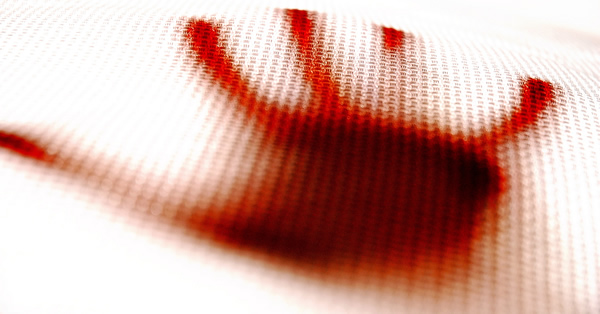
Torah Sparks
Genesis 1:1 – 6:8
The first Torah portion of the entire Torah begins with the creation of the world. Over and over the Torah tells us that each stage of creation was seen by God as “good.” And at the very end of the six day process God looks over all of creation “and, behold, [it was] very good!”
Close readers of the text have noticed that this approving adjective is missing in two places where we would have expected it. One place it is missing is in the description of the creation on the second day. Every day has the refrain that “the Almighty saw that it was good,” except that day. Some explain that this is because the waters were established on the second day, but they were not set apart from land until the next day. The Divine approbation had to wait until the creation was really completed.
The second place we look for a declaration of goodness but cannot find it is after the creation of human beings. Using similar logic, the explanation offered is that all of creation is brought forth whole, as it were, except for humans. We remain unfinished. Because all of creation is complete, all of creation can be finally judged. Indeed, it is deemed to be “very good.” But we are not yet ready to be finally judged as a creation of God’s. We can grow and change. We are special creatures who must create ourselves as we live and mature.
Thus we find that our Torah portion uses the term “good” judiciously. The first time we encounter the opposite term – “not good” . (- the term “evil” is a different matter, for another discussion) is when God says that it is not good for a human being to be alone. (Gen. 2:18) So much of our growth as people depends on being in relationships with others. We need others to be good.
But the next time we consider whether humans can be called “good” is in the story of Cain and Abel. We are familiar with the tragedy of the first murder, of Cain killing his brother. But we pay less attention to the prelude to that act. Before Cain murders his brother the Torah sets a scene in which he is angry that God has not accepted his sacrificial offering. God comes to talk to Cain and tried to calm Cain’s feelings. In the end God says, “If you do good (- teitiv), you will prevail; but if you do not do good (- lo teitiv) sin crouches at the opening, desiring you; but you can still rule over it.” (Gen. 4:7)
Here we have God telling a human being that becoming good is up to us. The word used is an active verb. It could be translated as – “become better and better.” It speaks directly to the open-ended process that is human life. This sense of potential is further emphasized by God’s final words, reassuring us that, even if we do not become good and sin threatens to overtake us, we can still overcome it.
This was God’s attempt at early intervention with Cain. But, tragically, it did not prevent Cain’s crime. Apparently Cain could not bring himself to believe in such a potential for good within him. Perhaps the verse that follows God’s words can be read as a record of his failed struggle to live by those words. The verse is enigmatic. It reads: “And Cain said to Abel, his brother…. And it was while they were in the field, and Cain rose at Abel his brother, and he killed him.” (v. 8) The gap in the record is within the Torah’s own words. What did Cain say to his brother? The Torah does not say. How much time elapsed between that conversation and the killing? Is it possible to imagine that what Cain said to Abel was precisely this lesson that God had tried to impart to him? Perhaps they discussed it many times together. Was Cain trying to see whether he could believe in it? Whether anyone could believe in it? Did Abel accept God’s message?
We do not know the answers to these questions. We only know that we are now left to wrestle with this challenge – to complete God’s good creation by fulfilling our potential to become good. But first we must struggle with whether we will let ourselves believe in it.
Shabbat Shalom
Rabbi David Greenstein
image: “bloody-hand-print” © r.nial bradshaw altered and used with permission via Creative Commons License
- Toby Stein: In Memoriam - Thu, Feb 8, 2024
- Faithfulness and Hope: Parashat Sh’lach - Thu, Jun 23, 2022
- Past Their Prime: Parashat B’ha`a lot’kha - Thu, Jun 16, 2022
